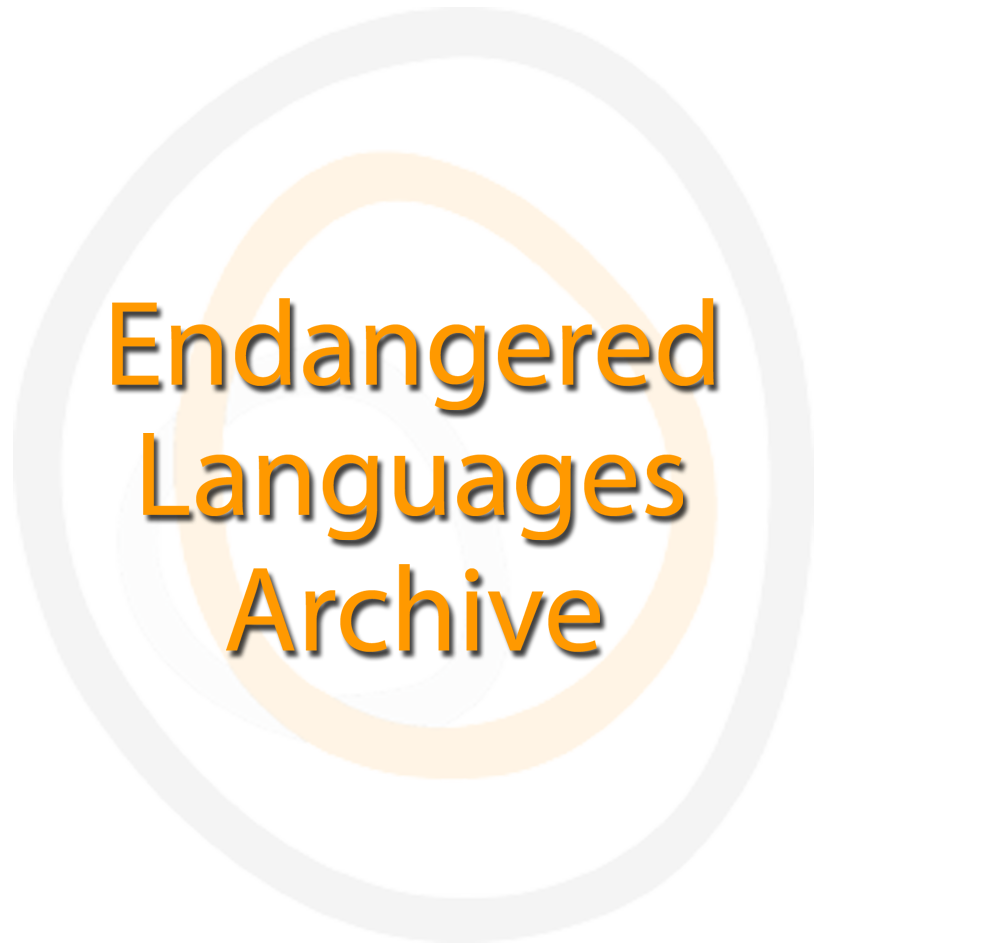The documentation and ethnolinguistic analysis of Modern South Arabian: Hobyot
| Language | Hobyot |
| Depositor | Miranda Morris |
| Affiliation | University of St Andrews |
| Location | Oman |
| Collection ID | 0309 |
| Grant ID | |
| Funding Body | Leverhulme Trust |
| Collection Status | Collection online |
| Landing Page Handle | http://hdl.handle.net/2196/6711db6a-16e8-4f48-be19-3bf9b59a7a0c |
Summary of the collection
Data from two dialect groups of Hobyot, provisionally named ‘western’ and ‘eastern’ Hobyot. Naturalistic and narrative data were collected. Cultural topics covered included the personal (birth, death, clothing, personal hygiene etc.), animal husbandry, rain-fed cultivation, material culture, stories, poetry, songs, games, environment and trade. Audio data saved in WAV format. The complete collection will include audio transcriptions and translations in ELAN. This material can be compared to that of ‘The documentation and ethnolinguistic analysis of Modern South Arabian: Shehret’; ‘The documentation and ethnolinguistic analysis of Modern South Arabian: Harsusi’; ‘The documentation and ethnolinguistic analysis of Modern South Arabian: Mehri’; and ‘The documentation and ethnolinguistic analysis of Modern South Arabian: Bathari’.
Between 1980 and 1990 the study of the culture and languages of the Modern South Arabian communities was funded by the Diwan of the Royal Court, Oman, and between January 2013 and December 2016 the language documentation project was funded by a Leverhulme Trust project grant (RPG-2012-599).
Group represented
Hobyot speakers
Language information
Hobyot is spoken in a small area either side of the Yemeni-Omani border. The number of speakers is estimated at under 1,000.
Special characteristics
The whole documentation will include audio collected by Miranda Morris during the 1970s, and, funded by the Diwan of the Royal Court, Oman, in the 1980s (1980-1990). It will also include material collected during the lifetime of the documentation project funded by the Leverhulme Trust. All the Modern South Arabian languages are as yet unwritten. Part of the objective of the Leverhulme documentation project has been to encourage use of an Arabic-based script for the Modern South Arabian languages, developed by members of the team in early 2013, and to encourage SMS and email communication between speakers in the languages. For more information, and to access writing by native speakers using a newly developed orthography, please visit the visit the following page:
http://www.leeds.ac.uk/arts/info/125219/modern_south_arabian_languages/2371/orthographic_characters
Collection contents
The data was collected from six speakers of Hobyot from two dialect groups of Hobyot, provisionally named ‘western’ and ‘eastern’ Hobyot. Data on naturalistic, narrative and descriptive material were collected with speaker and text metadata. Cultural topics covered personal data (birth, death, clothing, personal hygiene etc.), data on material culture, rain-fed cultivation, animal husbandry, stories, poetry, songs, games, the environment and trade. Audio data was saved in WAV format. The complete collection will include audio data and transcriptions and translations in ELAN.
Collection history
The Leverhulme documentation project emerged from work by Watson on Mehri since 2006, work by Morris on the culture and languages of the Modern South Arabian communities since the 1970s, and enthusiasm on the part of the Modern South Arabian language communities. The languages and culture of the communities are severely endangered due to modern technology, communications, literacy in Arabic, travel and the increasing employment of workers from south-east Asia. Study of the culture and languages of the Modern South Arabian communities was funded by the Diwan of the Royal Court, Oman (1980-1990), and the language documentation project by a Leverhulme Trust project grant (RPG-2012-599) between January 2013 and December 2016. Crucially, the Leverhulme Trust grant has enabled the archiving of all material collected since the 1970s.
Other information
This PDF file entails a bibliography of the Modern South Arabian languages.
Acknowledgement and citation
Users are requested to cite the depositors, Janet Watson and Miranda Morris, the Hobyot language community, the Leverhulme Trust, and the Diwan of the Royal Court when using resources from this deposit.
To refer to any data from the collection, please cite as follows:
Morris, Miranda J. 2016. The documentation and ethnolinguistic analysis of Modern South Arabian: Hobyot. Endangered Languages Archive. Handle: http://hdl.handle.net/2196/00-0000-0000-000F-07AE-C. Accessed on [insert date here].


